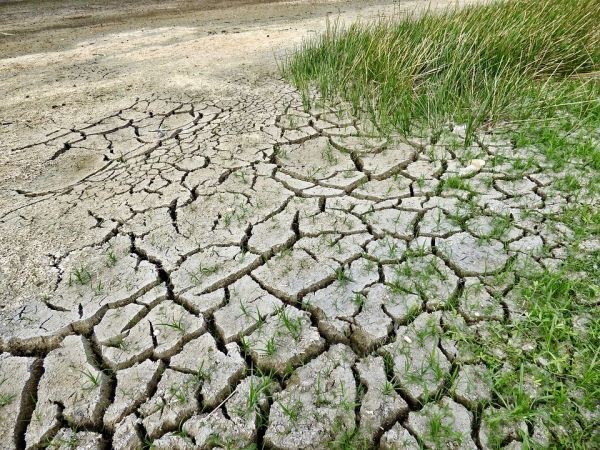There’s broad scientific consensus that, because of climate change, the western U.S. will have less water and the northeastern U.S. will have more. But how much less and how much more is deeply uncertain, presenting a critical challenge for the scientists, policymakers and public servants tasked with ensuring the nation’s water supply.
Flavio Lehner, assistant professor of earth and atmospheric sciences, is working to reduce that uncertainty, by improving the climate models on which future water projections are based. Lehner won a three-year, $500,000 grant from the National Oceanic and Atmospheric Administration (NOAA) to do that work, beginning this fall.
Dan Barrie, a program manager in NOAA’s Climate Program Office, said Lehner’s work will improve NOAA’s climate models and enable the agency to make better short-term predictions of floods and droughts and better long-term projections of how surface water systems will evolve in the 21st century.
“The United States is experiencing profound changes in its regional water resources,” Barrie said. “It is more urgent than ever to have the best modeling tools to provide a vision of these future changes so that we can take cost-effective measures now to mitigate and adapt to them.”
Read more at Cornell University
Photo Credit: jodylehigh via Pixabay


